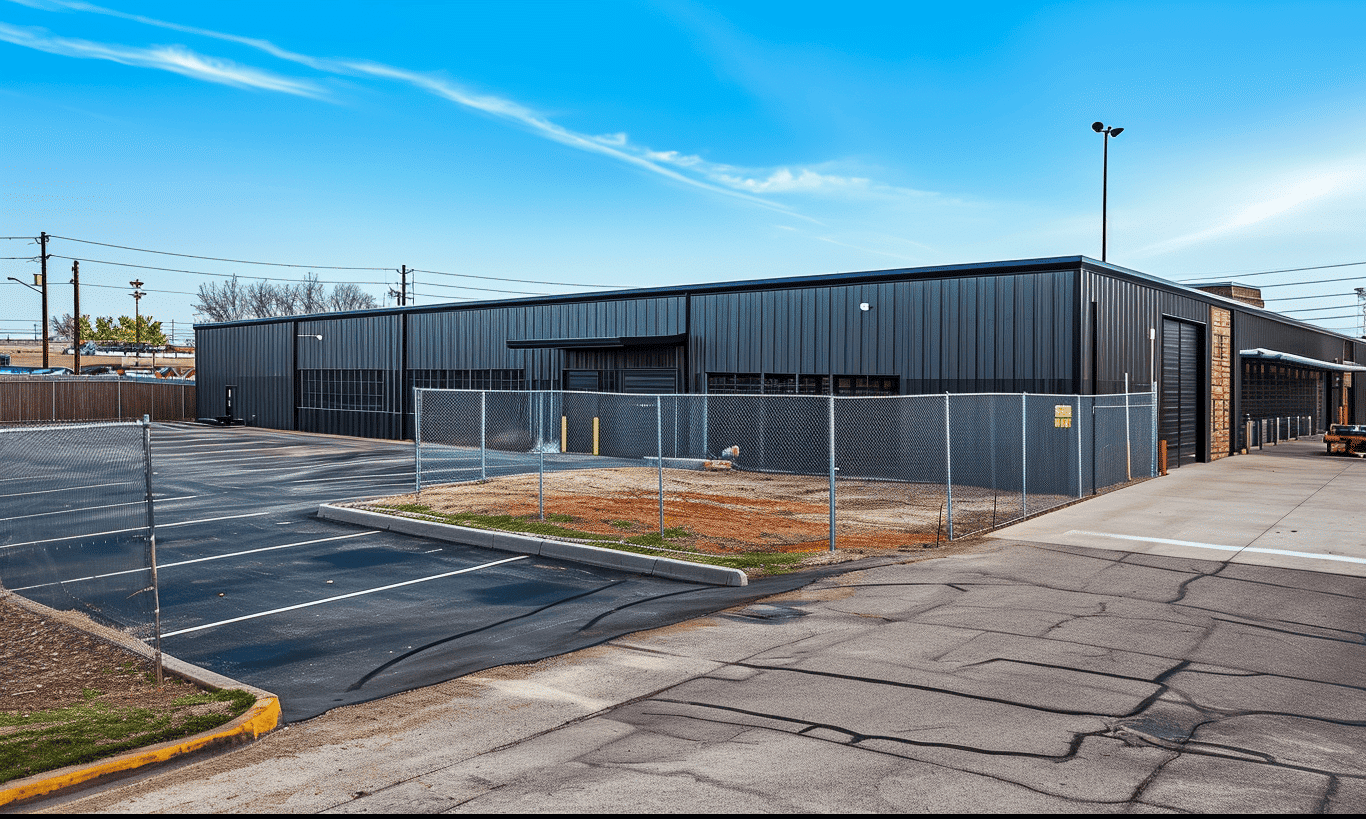Conservative Leader Proposes Tax-Free New Homes: What It Means for P.E.I.
A dense cloud of anticipation hovers over Prince Edward Island (P.E.I.) as the Conservative leader unveils a recent proposal to eliminate the Goods and Services Tax (GST) on newly built homes. The idea, presenting a tempting prospect for potential buyers, has ignited a mix of reactions across the island. While some believe this initiative may bolster home ownership, critics argue it may inadvertently precipitate a series of issues should existing federal housing programs be jeopardized.
The Upside: A Booster for Home Ownership in P.E.I.
Alex Davidson, the owner/operator of Holmes Construction on P.E.I., believes the proposal may fuel a rise in home ownership. “Removing the GST could motivate more islanders to purchase homes,” he comments, noting the financial burden the tax places on buyers. This plan, if ratified, could change the face of the P.E.I. real estate market, thrusting it into an era of increased home ownership. Indeed, for buyers previously deterred by the added tax cost, this proposal could present the long-awaited nudge into buying.

The Flipside: The Risk of Sacrificing Existing Programs
Despite the potential benefits of Poilievre’s proposal, many islanders are concerned about the possible repercussions. The fear? Existing federal housing programs would have to be put on the chopping block to finance the GST cancellation on new homes. Such programs, crucial in supporting affordable housing and other housing initiatives, could face detrimental impacts. Consequently, the overall gains of the tax-elimination proposal might be overshadowed by the potential losses.
Unraveling the Implications for P.E.I. Real Estate Market
The ripples of this proposal, if implemented, would inevitably affect the real estate and construction sectors. Eliminating the GST on new homesmay increase demand, potentially triggering a construction boom on the island. However, without a proportional rise in supply, this increase in demand might result in inflated home prices. Home builders and sellers would emerge victorious, while first-time buyers might find themselves grappling with affordability issues.

A Closer Look at the Proposal
The decision to abolish GST on new homes stems from an attempt to address Canada’s housing crisis. Whether this would be a momentary salve or a long-term solution remains debatable. The imponderables loom large, and a comprehensive exploration of its potential impact is vital before jumping on the tax-free home bandwagon.
Wrapping Up
The proposal to remove GST on newly built houses brings both opportunities and challenges on the horizon for P.E.I.’s housing market. For prospective home buyers, the prospect of a tax-free purchase might seem enticing. However, it’s crucial to view this proposal holistically, considering both its potential benefits and drawbacks. As the fate of this proposition hangs in the balance, one thing remains clear: its ramifications will indubitably shape the future of Canada’s housing landscape.
What do you think about this proposal? We welcome your thoughts, questions, or experiences related to buying a new home in P.E.I. Please share them in the comment section. To keep abreast of the latest news and trends in construction and real estate, visit Our Building Team.





